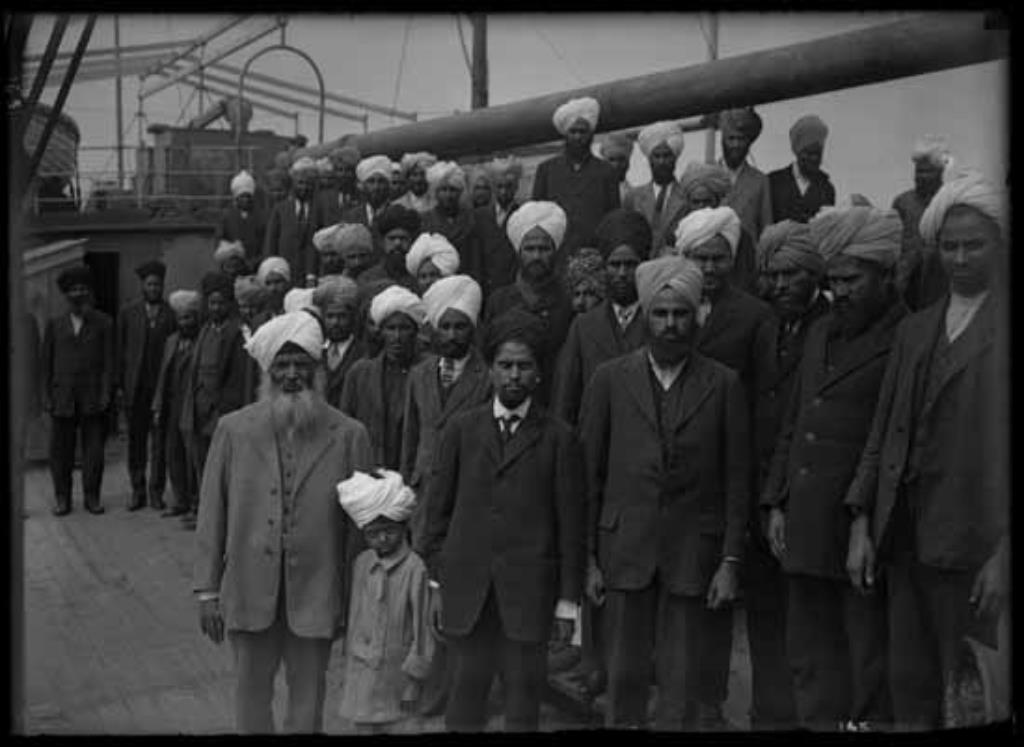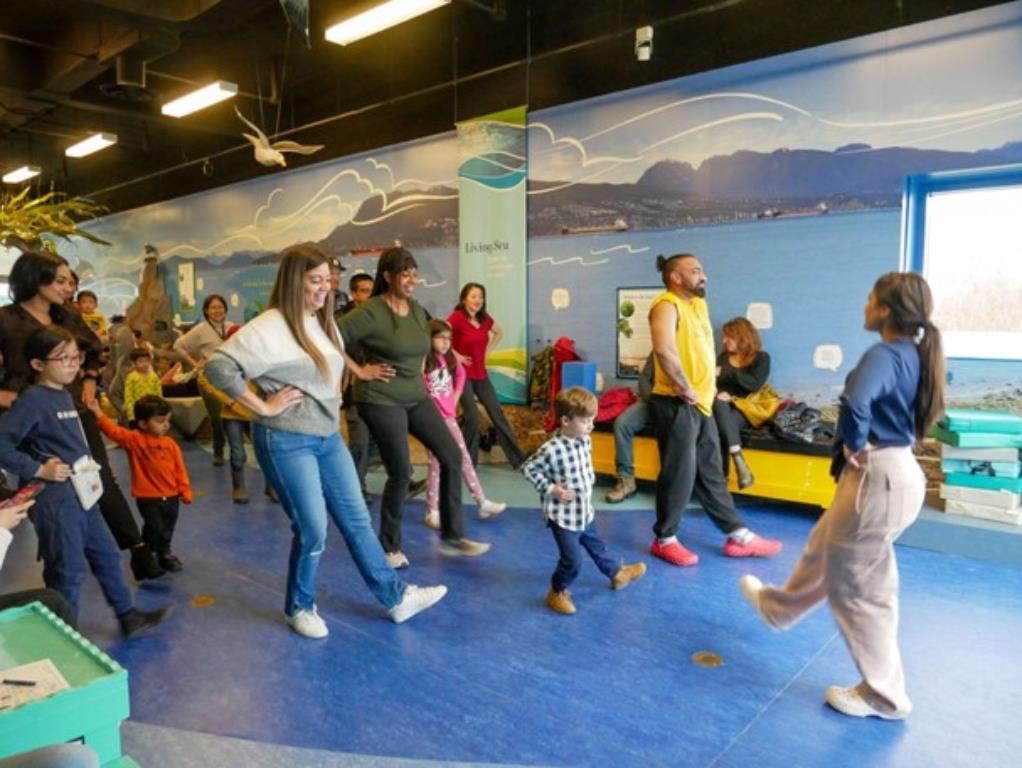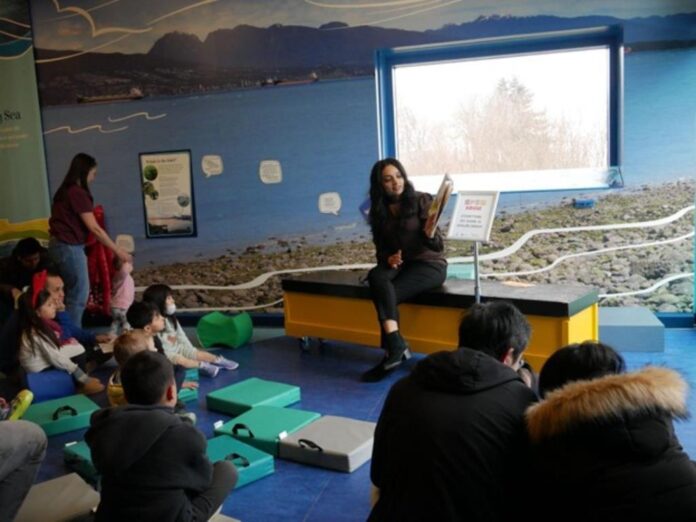The South Asian Studies Institute (SASI) at UFV has been operating for 18 years. Formerly called the “Centre For Indo-Canadian Studies,” the institute works toward three main goals: academic research supporting all UFV programming, producing annual research, and community engagement. In an interview with The Cascade, their director, Dr. Satwinder Kaur Bains, reflected on SASI’s formation, current projects, and their future aspirations.
According to Bains, SASI was formed from a united initiative to educate students about South Asian history. This endeavour was supported by many faculty members, such as the late Gloria Wolfson, former director of social work; Yvon Danduran, associate vice president of graduate studies and research; DJ Sandhu from the School of Business, and past UFV Presidents Dr. Skip Bassford and Dr. Mark Evered.

After spending years establishing themselves and writing about the migration history of South Asian peoples, SASI’s research has shifted its focus toward the contemporary challenges that the community faces today. SASI honours over a 100 years of South Asian Canadian history through several research projects. This includes the Punjabi Canadian Legacy Project, South Asian Canadian Legacy Project, and migration timelines among several others.
One of SASI’s largest undertakings is to build a South Asian Canadian Digital Archive, documenting migration experiences and stories of those born in Canada. Formerly reserved to just British Columbia, SASI’s work has expanded to other regions of Canada in the last two years. So far, they have completed 75 archives, with a desire for further growth.
Additionally, SASI has been working on an ongoing internationalization project for more than two years, raising intercultural knowledge between international students and faculty. Part of this initiative is Building Communities Across Cultures (BCAC), which brought a group of 16 faculty members to Northern India for an experiential learning program. During their trip, they experienced the landscapes, visited the sights, and met the local faculty at the UFV’s Chandigarh campus. The BCAC group aimed to understand the region where many international students originate from and bring back valuable insights to their departments.
“The faculty and staff who went I feel fully embraced India,” Bains said. She added that SASI aspires to keep building more groups like this to raise knowledge and generate interests in internationalization.

SASI has received many awards across the provincial territories, along with some heritage awards based in B.C., such as the Darpan Magazine Heritage Defender Award (2021) and Heritage BC’s Award for Education, Communications, and Awareness, in partnership with UBC Sociology (2021). They have also been short-listed for the Governor General’s Award in Excellence in Community Programming (2019). Additionally, one of SASI’s research projects (Komagata Maru) was used across grades K-12, providing teachers with resources to educate students effectively. Bains found this project incredibly rewarding.
SASI is hoping to work on a major project with BC Archives and the Royal BC Museum. The aim will be preserving and compiling over a million photographs by the late photojournalist Chandra Bodalia, into a collection. Bodalia, over the course of thirty years of his life, covered a broad spectrum of South Asians. “I’m really looking forward to how we can unravel his photographic journey and make sense of it from a social, cultural, political, and economic viewpoint,” Dr. Bains said.
Dr. Bains believes the research work is critically important, stressing how priceless an airline ticket or passport information can be when conducting research. “They all tell a story,” said Dr. Bains. “It’s our job and our responsibility to tell the story in the here and now.”
In the long-term, SASI aspires to establish themselves as an important stakeholder within and beyond UFV, addressing challenges faced by the community. Dr. Bains shared that her vision for SASI is to be an active contributor in societal development of South Asian ancestry. Overall, SASI strives to actively support local, national, and international initiatives aimed at building better and more inclusive communities.
Dr. Bains said that she loves students working with SASI and emphasized the importance of students “learning through their experiences and taking that with them when they leave.” She also believes that “whatever part of history one studies, stays with them always.”



